Stromboli is a small island in the Tyrrhenian Sea, off the north coast of Sicily, containing one of the three active volcanoes in Italy. It is one of the eight Aeolian Islands, a volcanic arc north of Sicily. A significant geological feature of the volcano is the Sciara del Fuoco, a big horseshoe-shaped depression generated in the last 13,000 years by several collapses on the north western side of the cone. A typical eruption at Stromboli consists of several small gas explosions each hour, ejecting incandescent cinder, lapilli, and bombs to heights of a few tens or hundreds of feet. Tephra is glowing red when it leaves the vent but becomes black and nearly solid before hitting the ground. Occasionally, lava flows may also be produced. Lava flows from Stromboli are typically less fluid than Hawaiian lava flows and thus are somewhat shorter and thicker. Because of the lower fluidity, it is harder for gas to escape from the rising magma. Gas bubbles become pressurized and burst at the top of the magma column, producing small explosions and throwing clots of molten lava into the air. When this type of eruption is observed at other volcanoes, it is referred to as Strombolian.
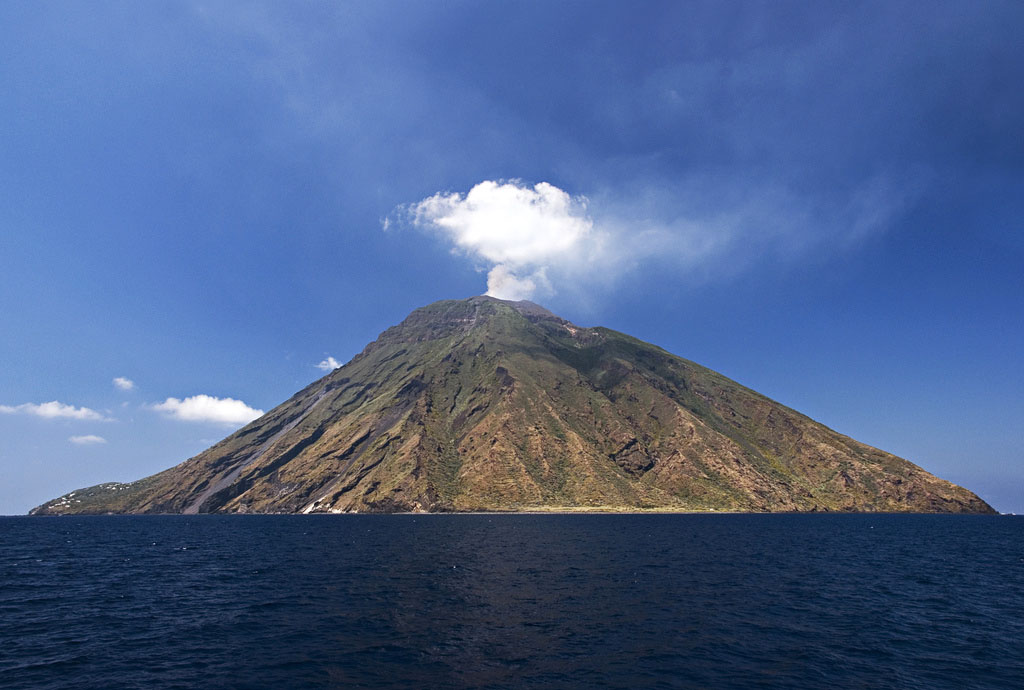
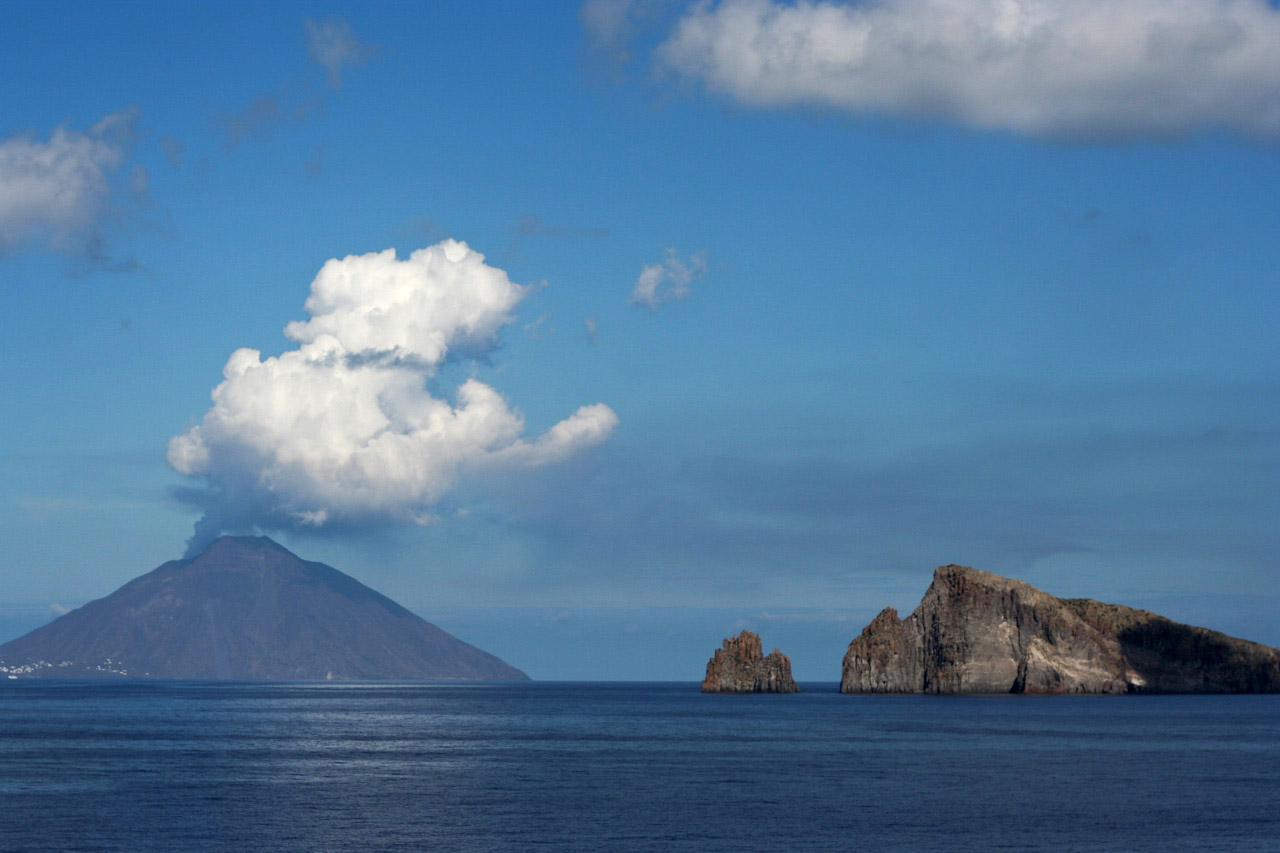
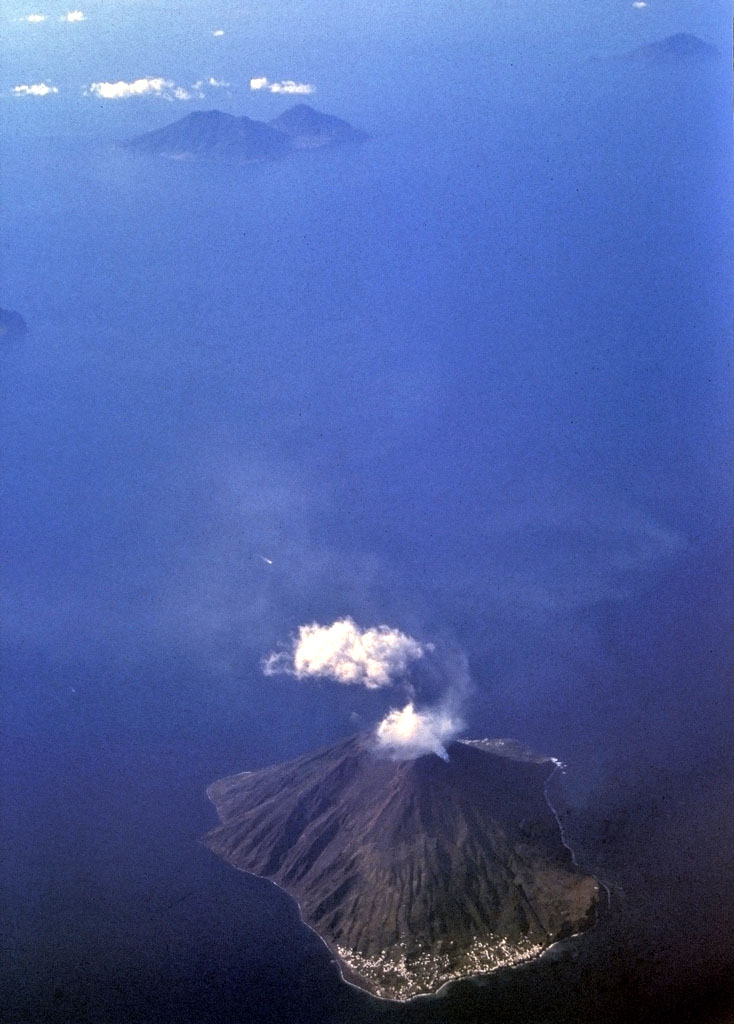
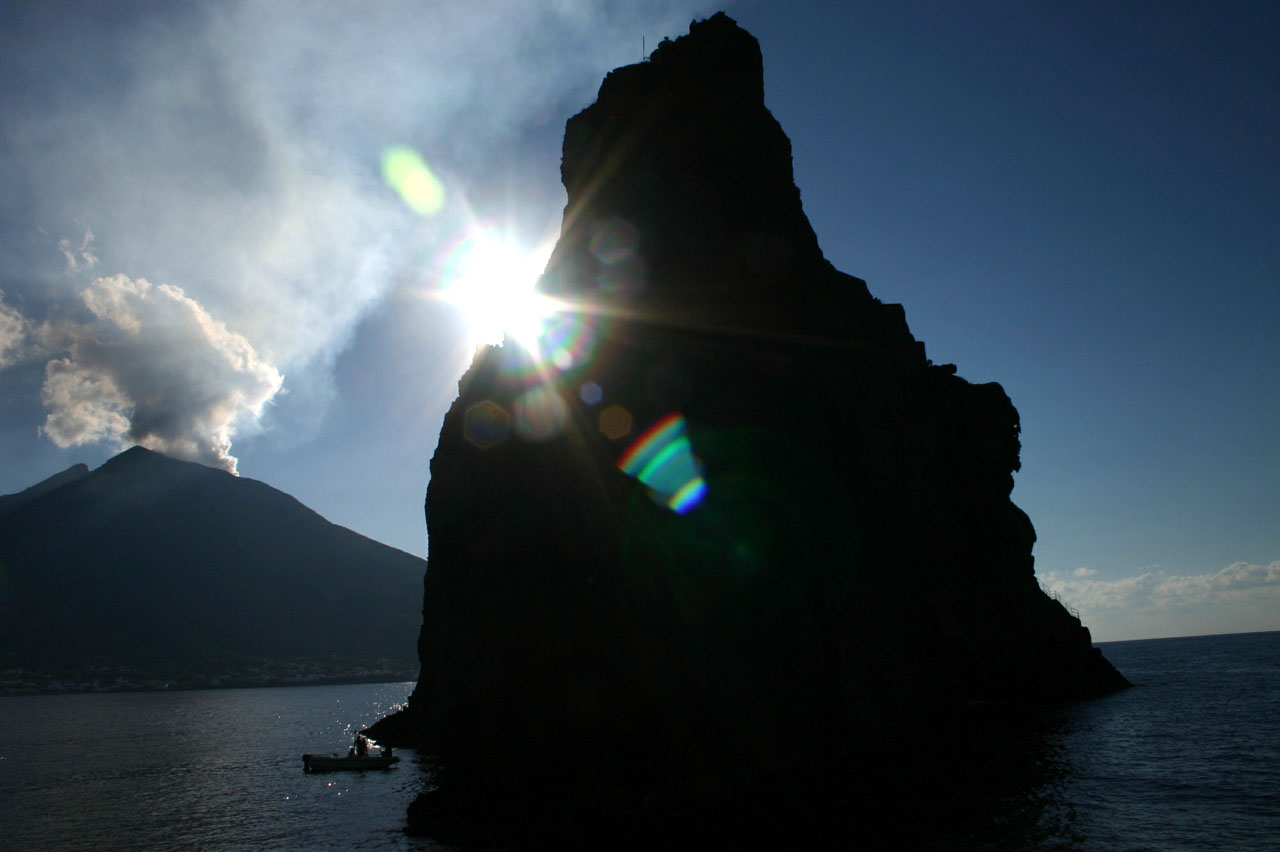
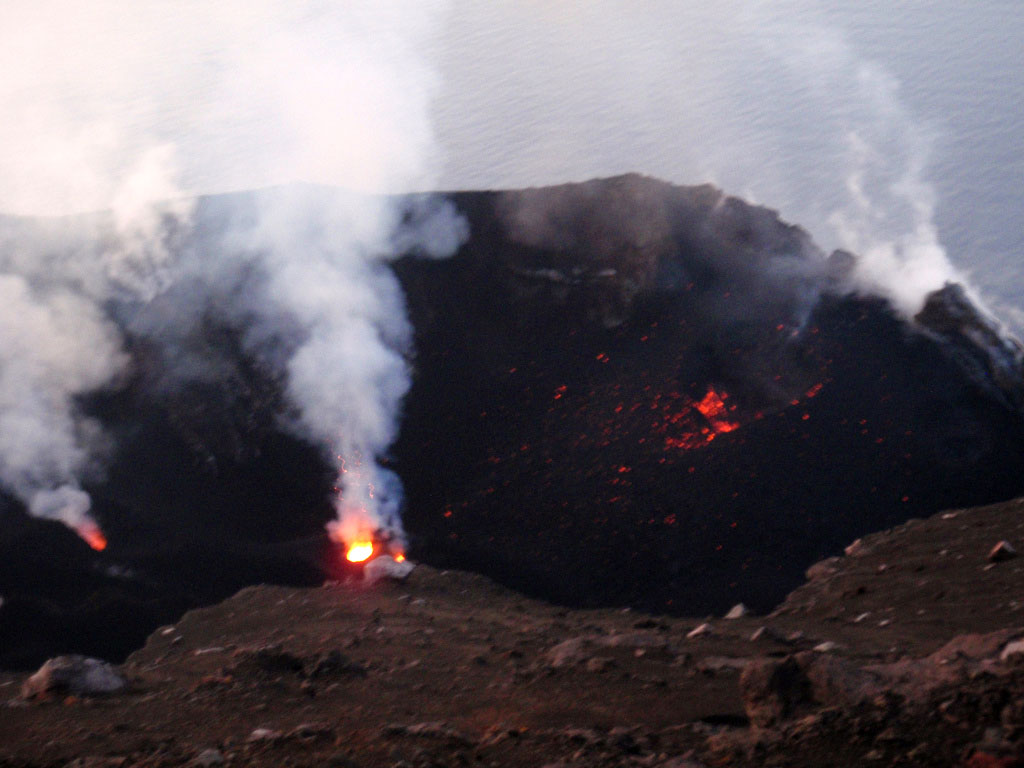
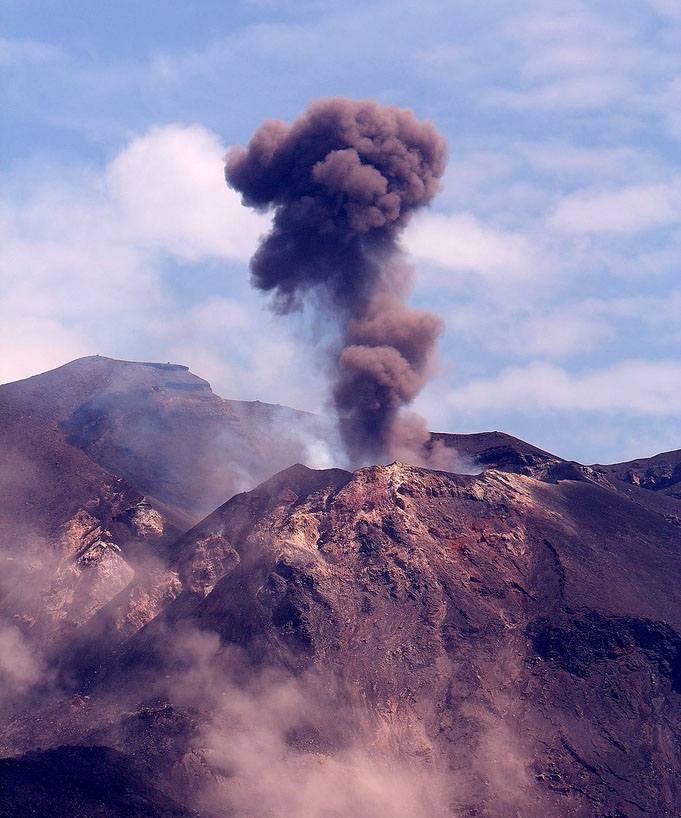
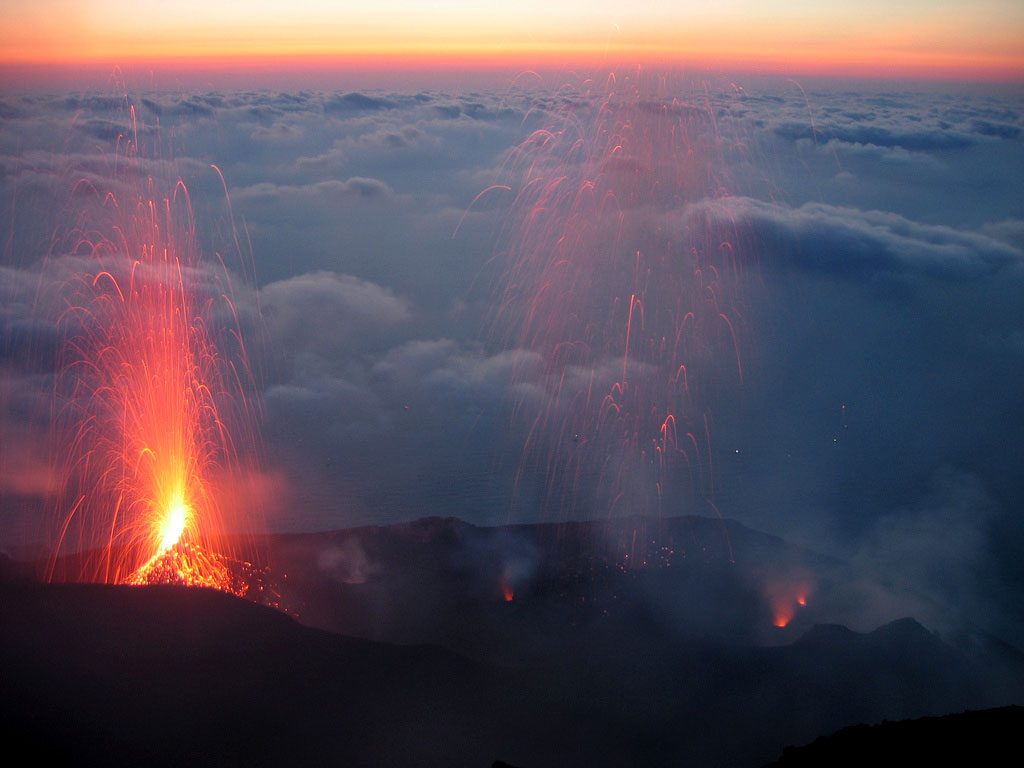
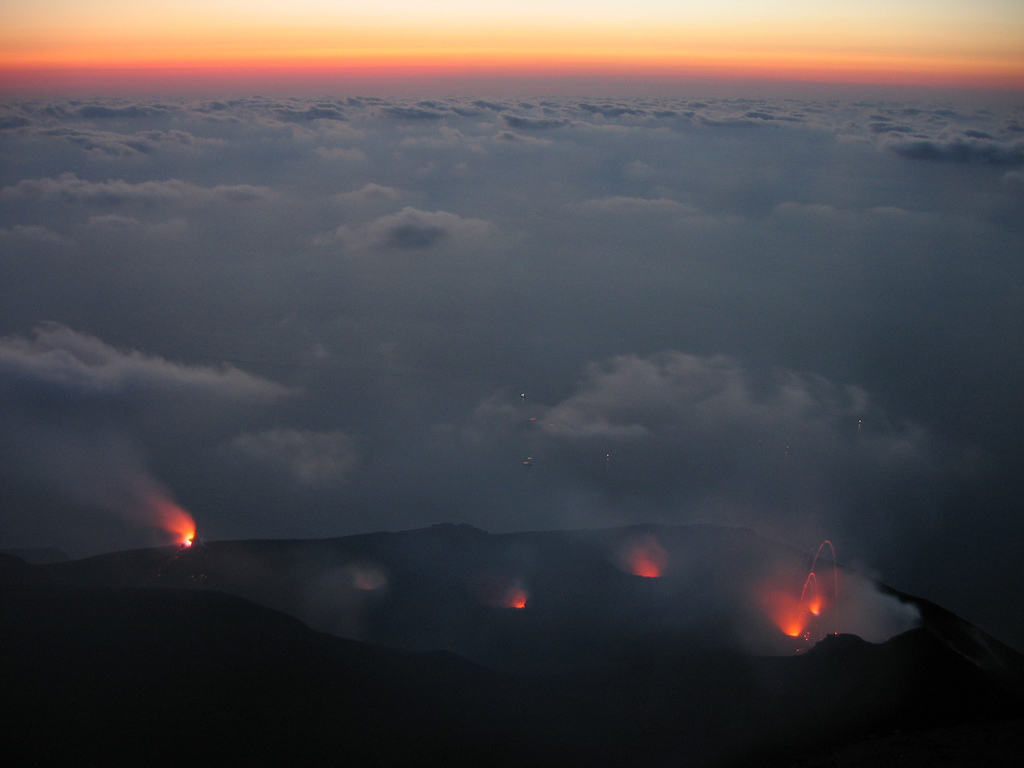
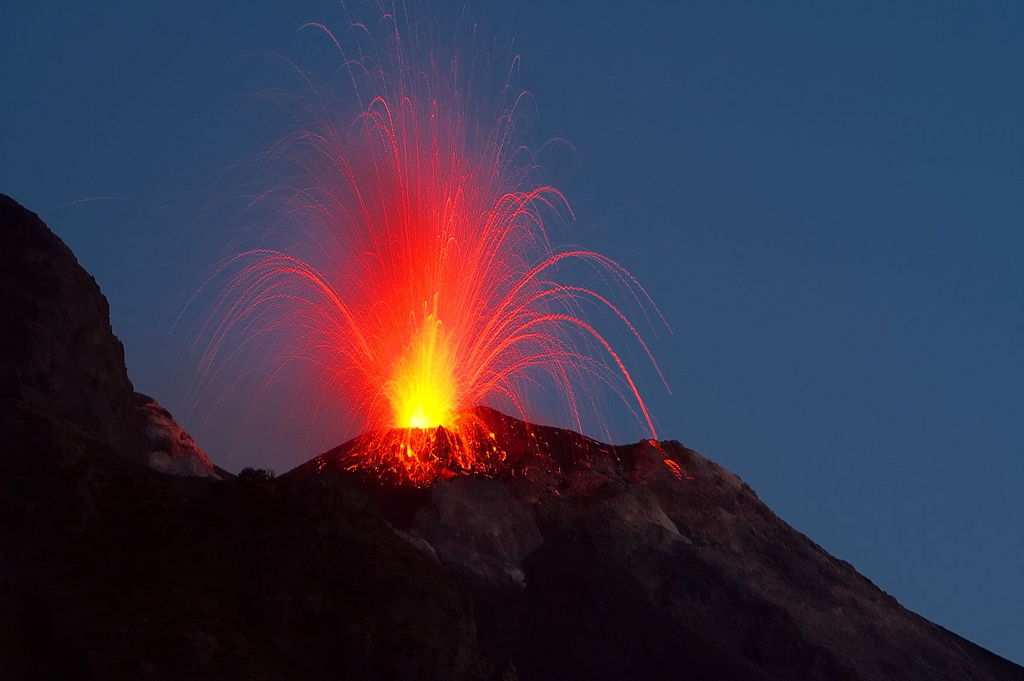
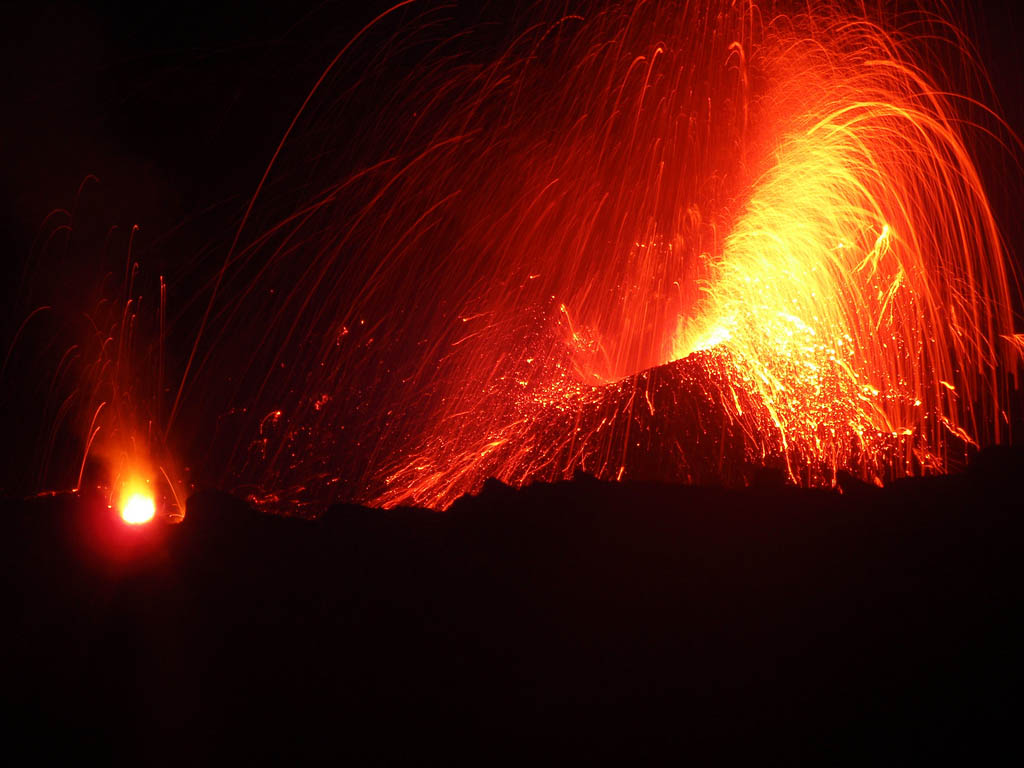
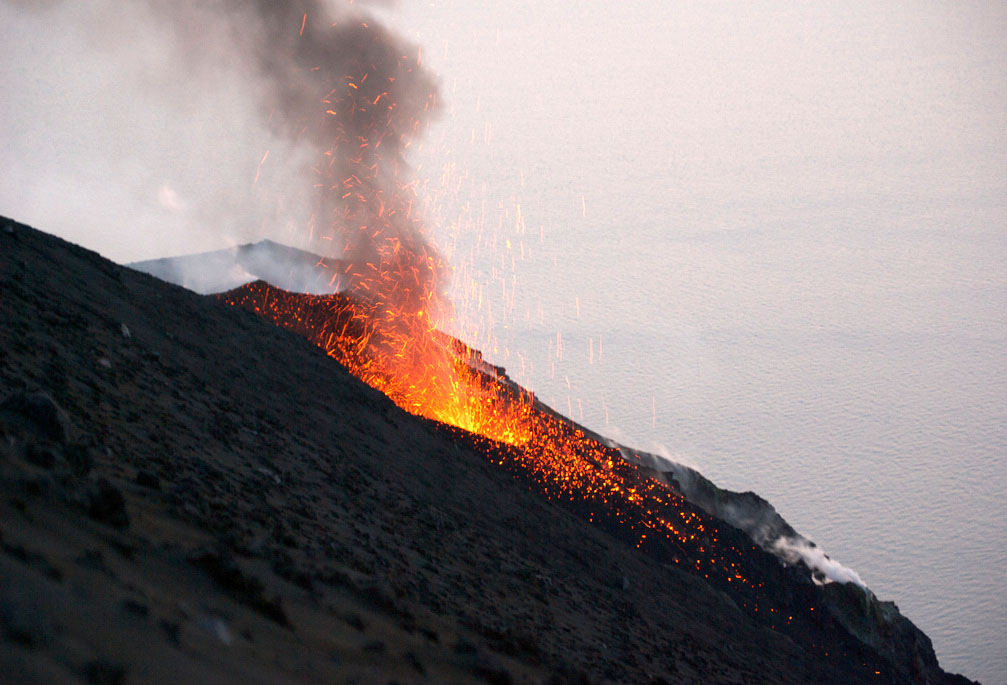
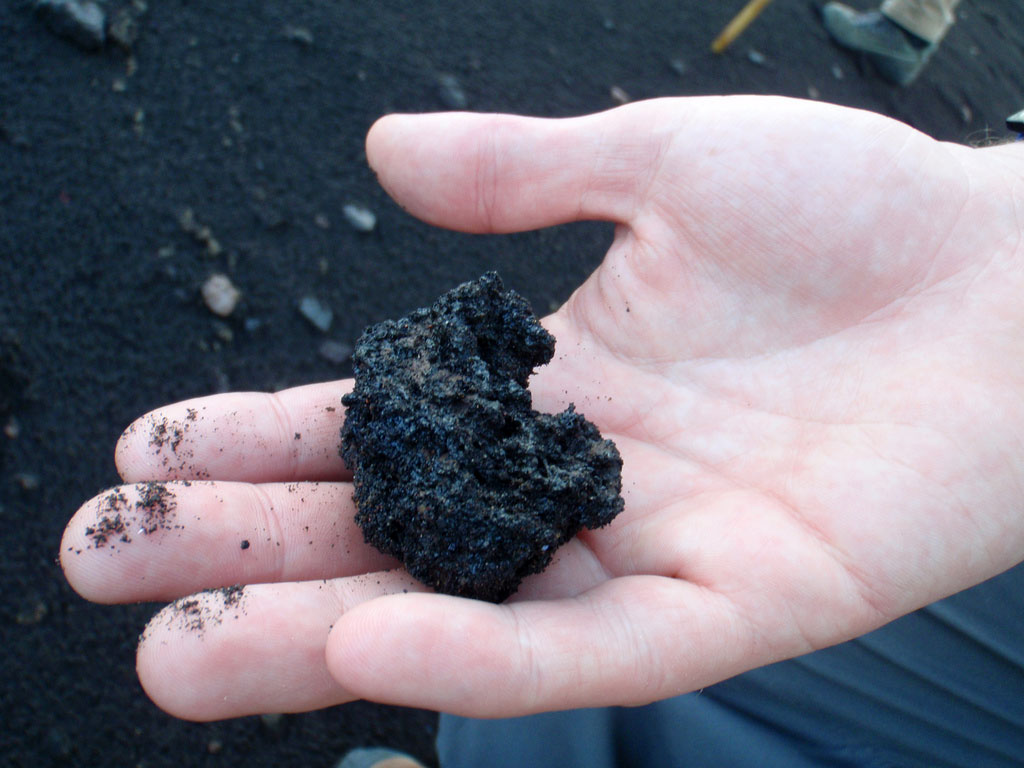
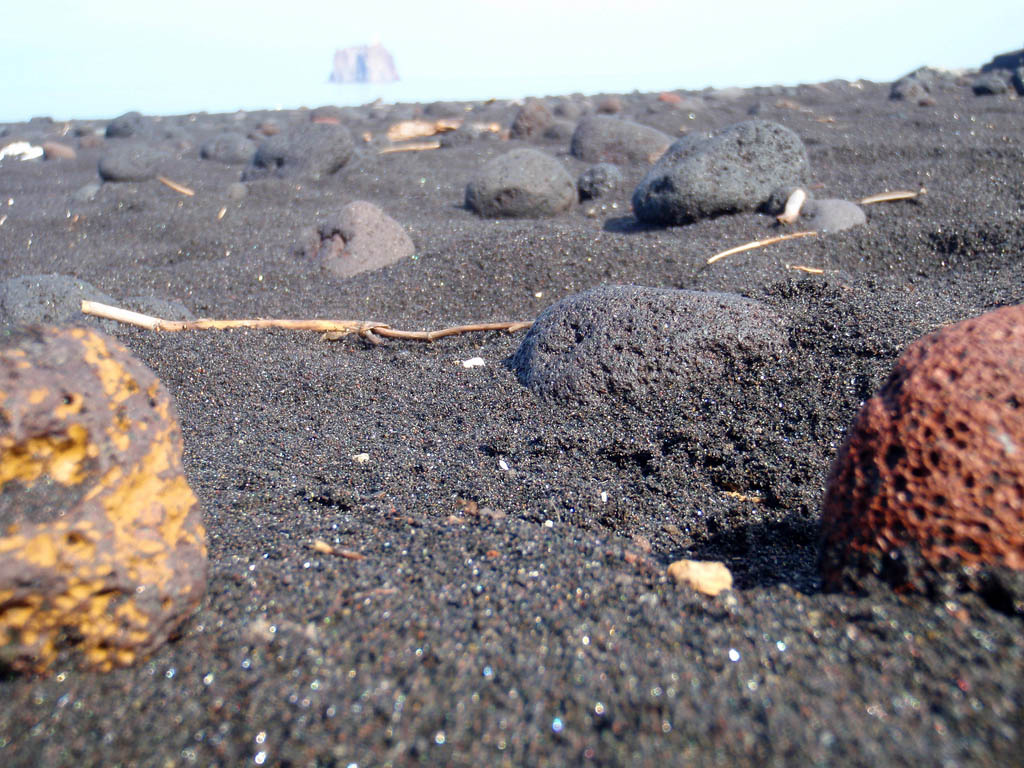

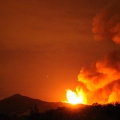 Etna Volcano Eruption 2011
Etna Volcano Eruption 2011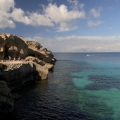 Favignana – Things to Do i...
Favignana – Things to Do i...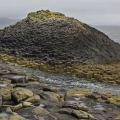 Fingals Cave and Staffa Coast, S...
Fingals Cave and Staffa Coast, S...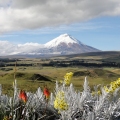 Tour to the Cotopaxi Volcano, Ec...
Tour to the Cotopaxi Volcano, Ec... A Land of White – Cuvervil...
A Land of White – Cuvervil...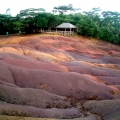 The Seven-coloured earth of Cham...
The Seven-coloured earth of Cham... The Island of Malta – Plac...
The Island of Malta – Plac...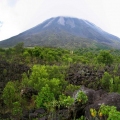 Arenal Volcano in Costa Rica
Arenal Volcano in Costa Rica


